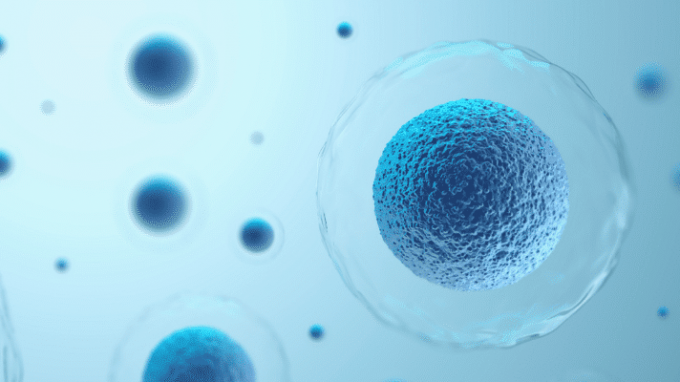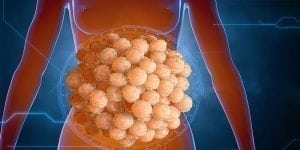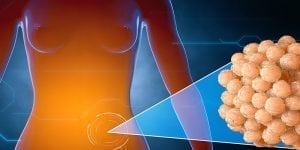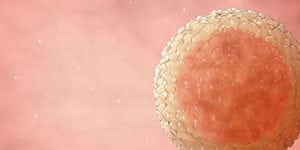Human growth hormone (HGH) assists in the production of progesterone and estrogen, primary hormones necessary for fertility, but declines with age. Studies have shown the efficacy of synthetic HGH treatments to assist in vitro fertilization.
In vitro fertilization (IVF) is sometimes used as a treatment for infertility, a process where a human egg is fertilized outside the woman’s body. Mature eggs are removed from ovaries and fertilized with sperm in a lab. A fertilized egg is then implanted in a uterus.
Why Is IVF Done?
IVF is usually done only after other infertility treatments fail. Some of the infertility causes are:
- Fallopian tube blockage
- Ovulation disorders
- Endometriosis
- Previous tubal ligation
- Unknown causes
There are IVF risks such as
- Multiple births
- Premature births
- Ovarian hyperstimulation syndrome
- Miscarriage
- Ectopic pregnancy
- Birth defects
- Cancer
What Are Human Growth Hormones?
Women with human growth hormone deficiency often experience infertility. Fertility requires healthy levels of all primary hormones—progesterone, estrogen and testosterone.
Progesterone is a hormone produced by the luteal cells in the ovaries. Estrogen is also produced by the ovaries.
Some studies show that there is a connection between natural HGH and the production of those primary hormones. HGH is naturally produced by the pituitary gland.
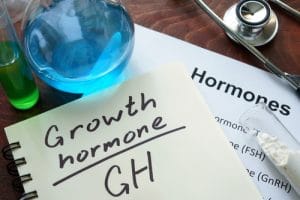
HGH production declines gradually with age starting in the 20s and continuing until menopause. With the decline of HGH levels, there is a decline in the luteal production of progesterone and estrogen.
Can Synthetic HGH Treatments Counter the Decline of Natural HGH Levels?
It should be noted that the FDA has approved synthetic HGH only for treatments of natural human growth hormone deficiency and for AIDs. Off-label prescriptions are not approved. It should also be noted that human growth treatments can have adverse side effects, which probably accounts for the FDA limitations. Your doctor will advise you of those risks.
Also, there is a plausible reason why HGH levels decline with age. Pregnancy beyond a certain age has risks not associated with pregnancy for younger women. Those risks bear on the fetus and newborn as well as the mother. Arguably, Mother Nature protects both and should not be artificially challenged.
However, some studies show there is some benefit from HGH treatments for infertility, particularly for women with poor oocyte quality.
Can Synthetic HGH Help Egg Quality?
The question for this article is whether egg quality can be improved by HGH treatments. First, we must ask whether and how egg quality impacts IVF and fertility in general.
Egg quality certainly impacts the efficacy of IVF. It is shown that the maturity of embryos of less than three days decreases the likelihood of IVF success. In cases not involving IVF, it is not clear how the quality of the eggs has an impact. It probably has some impact.
So then, how does synthetic HGH improve egg quality, if at all? Good oocyte (egg) quality is necessary for the development of good embryo quality in IVF. It is commonly treated with HGH in IVF procedures.
Oocyte is a cell in the ovary. It is an immature ovum (i.e., egg). Development (maturation) of the oocyte is a process for the normal development of an ovum (i.e., egg). Studies show that human growth hormone supplements improve the quality of oocyte.
Other studies have shown that natural human growth hormone impacts oocyte development. In that sense, synthetic HGH is helpful for the development of good egg quality for IVF procedures.
In conclusion, it is known that human growth hormone supplements have two benefits for fertility, particularly for in vitro fertilization. First, they improve egg implantation. Second, they improve oocyte development, which in turn improves the development of good egg quality.
